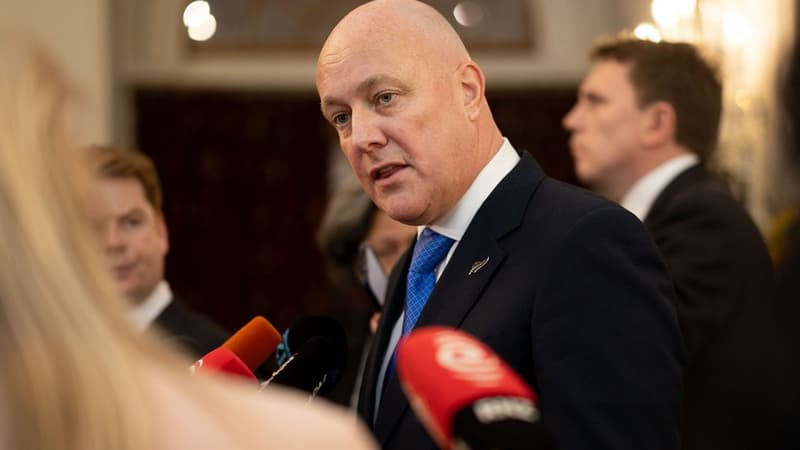As soon as he came to power, the controversy increased. On Monday, former Air New Zealand airline chief Christopher Luxon officially took over as prime minister of New Zealand’s conservative coalition government, placing the fight against inflation among his top priorities.
This addition comes six weeks after the national election victory of his political party, the National Party, which ended six years of the Labor Party in power.
Ban planned for people born after 2008
During his first speech, Christopher Luxon himself confirmed his intention to abandon the pioneering measures adopted by the country to combat smoking. Last year, former Prime Minister Jacinda Ardern had Parliament pass a “generational smoking ban”, banning the sale of cigarettes to anyone born after 2008.
The new head of Government justifies this decision by citing the risks of developing a black market for tobacco sales. He also admitted that tax revenue from ongoing cigarette sales would also generate welcome revenue for the government, but stressed that “that was not the motivation for doing it.”
“Big victory for the tobacco industry”
Anti-smoking group Aotearoa Health Coalition – the Maori name for New Zealand – said abandoning the policy was an insult to the country.
“This is a significant loss for public health and a major victory for the tobacco industry, whose profits will increase at the expense of the lives of New Zealanders,” the group said in a statement.
For his part, Ben Youdan, director of the NGO Action on Smoking and Health, regrets the abandonment of a “world first” that was going to “save thousands and thousands of lives. It will cost us dearly to abandon this policy, tobacco- “Deaths and related illnesses will continue.”
The law was designed to almost immediately reduce the number of people who use tobacco, in a country where the number of adult smokers is already relatively low, but where smoking-related cancers are numerous.
The text provided for a gradual increase in the minimum age for the purchase of tobacco products and would have drastically reduced the number of companies authorized to sell tobacco to a maximum of 600 throughout the country.
In general, the number of sellers authorized to sell tobacco products will be reduced to 600, a considerable reduction compared to the 6,000 that currently exist in the country. In France, the average package price is expected to increase by between 40 and 50 cents and reach 12 euros in 2024.
Source: BFM TV


